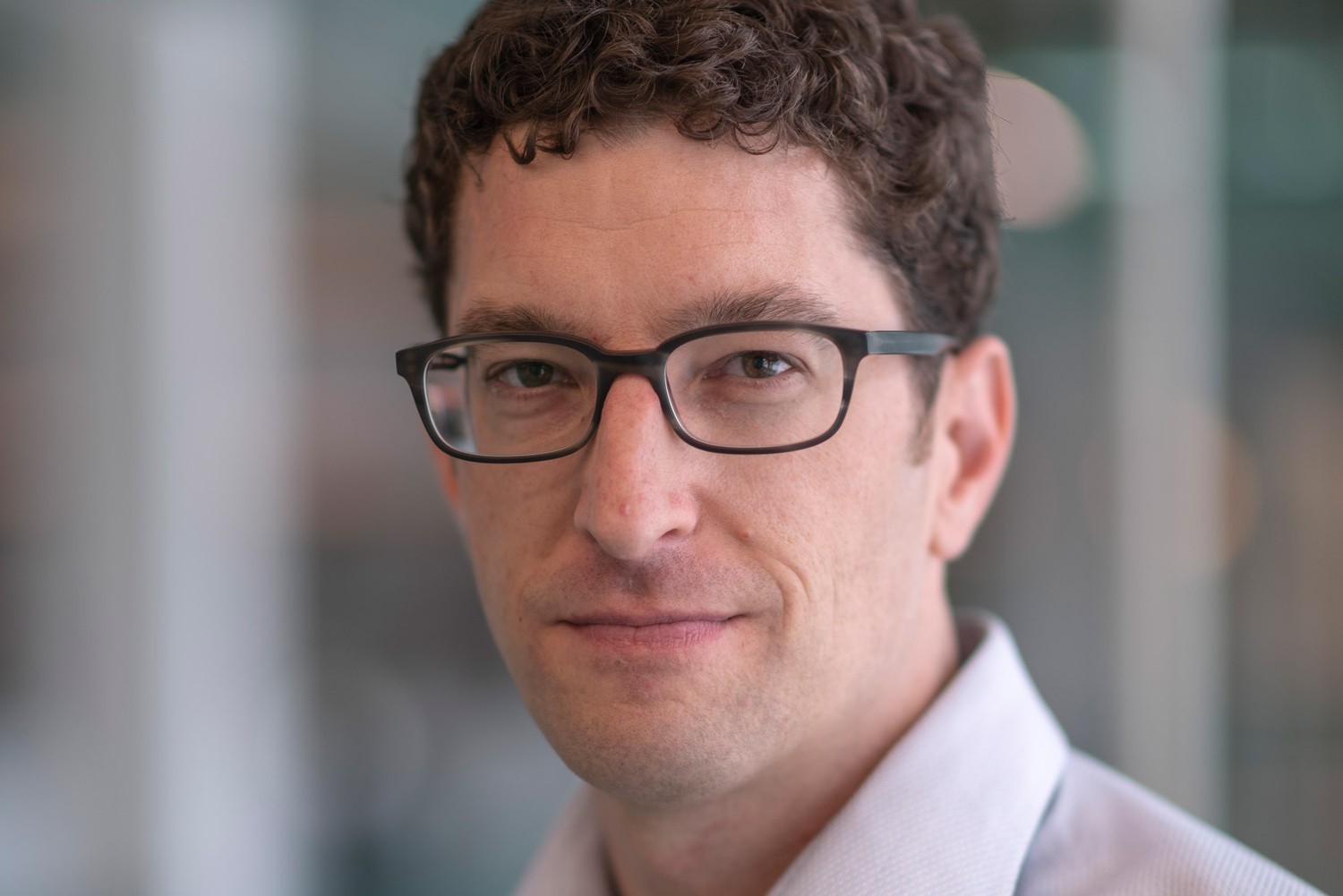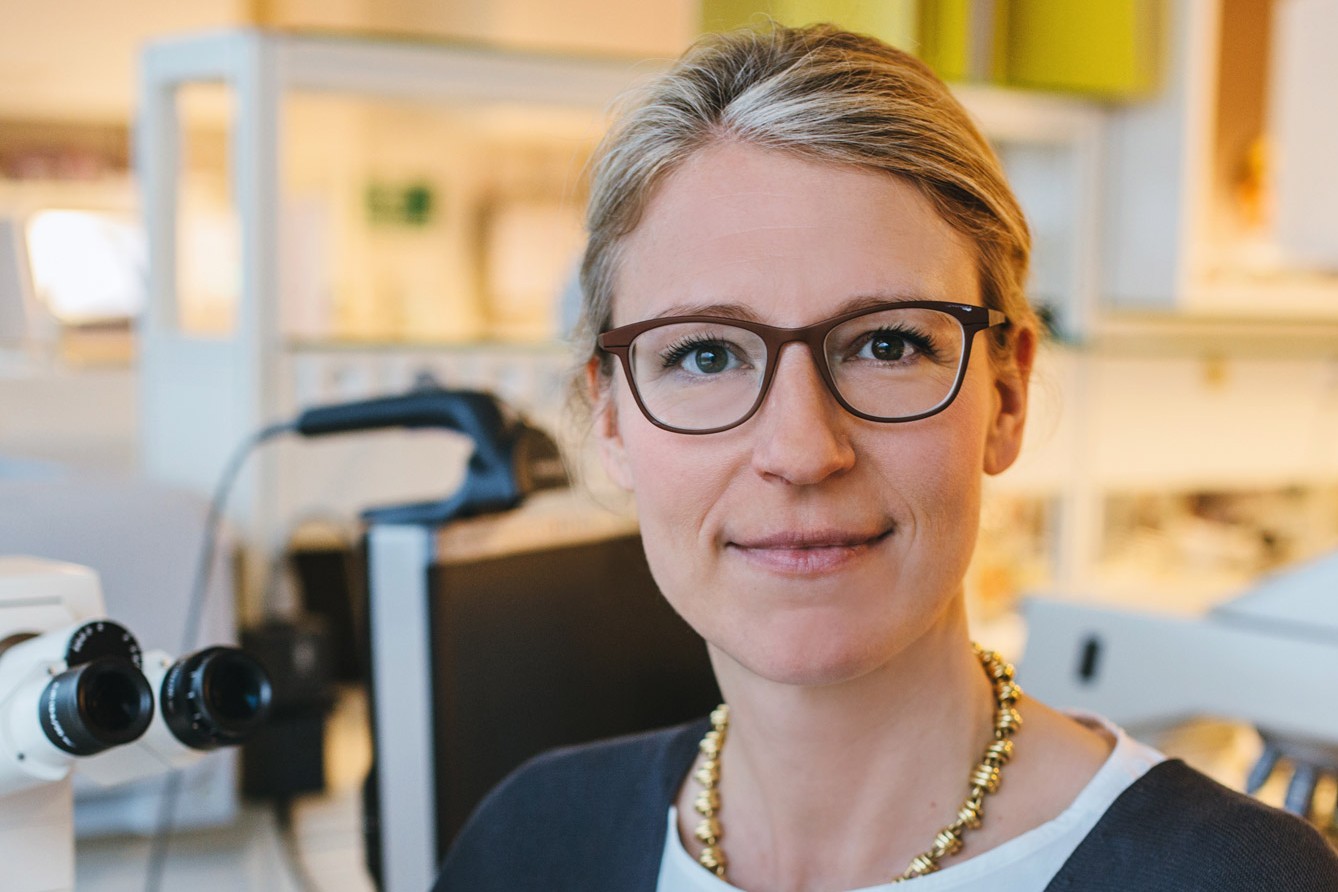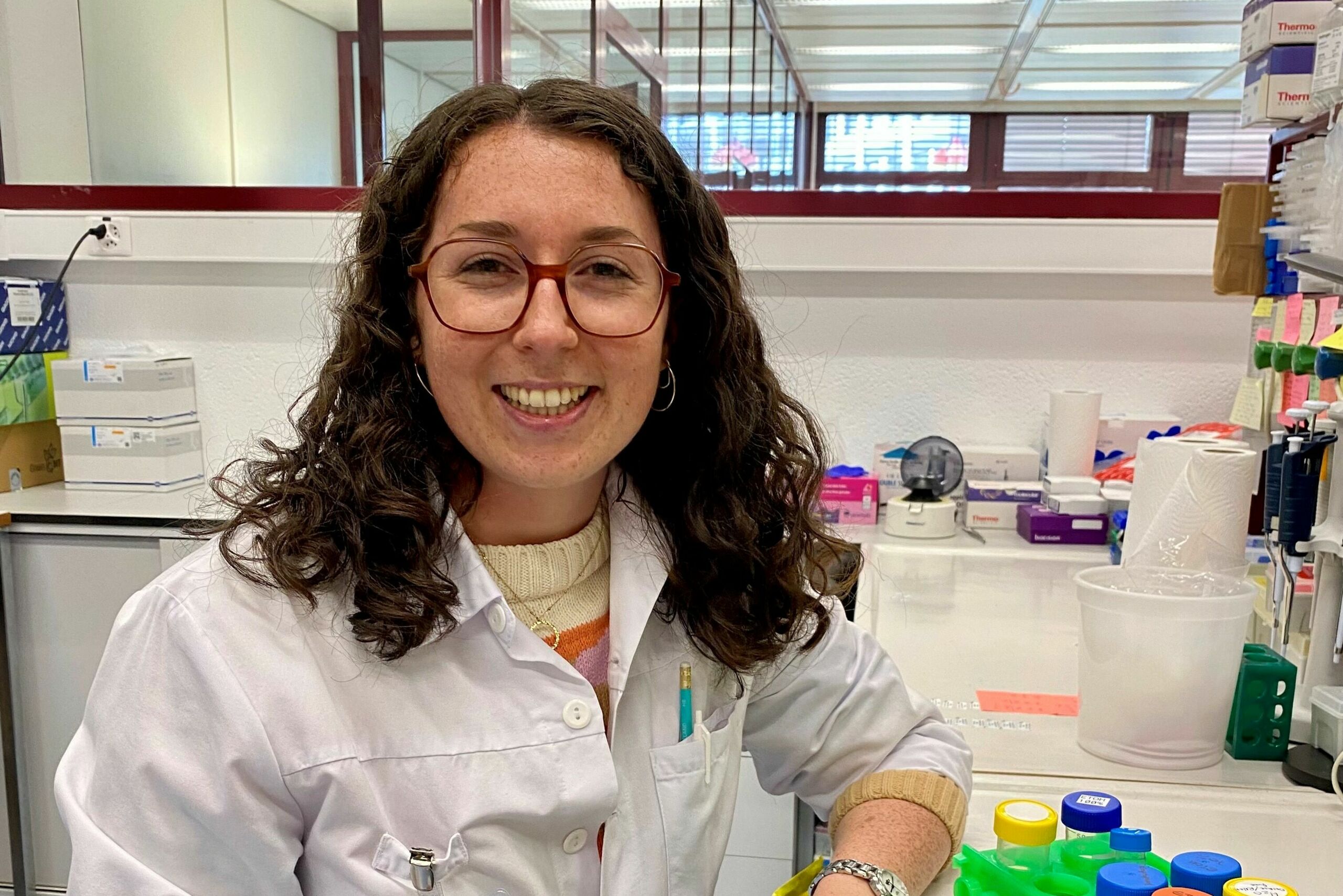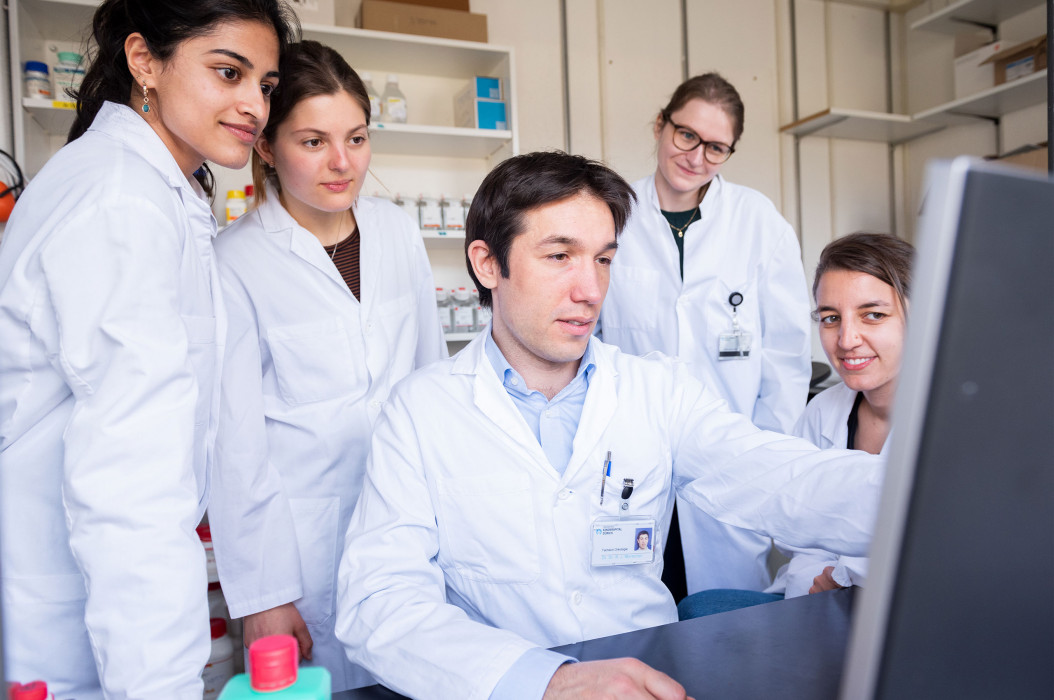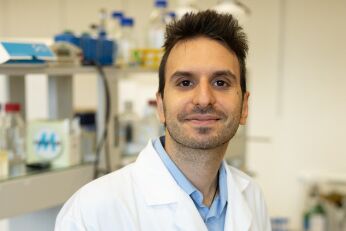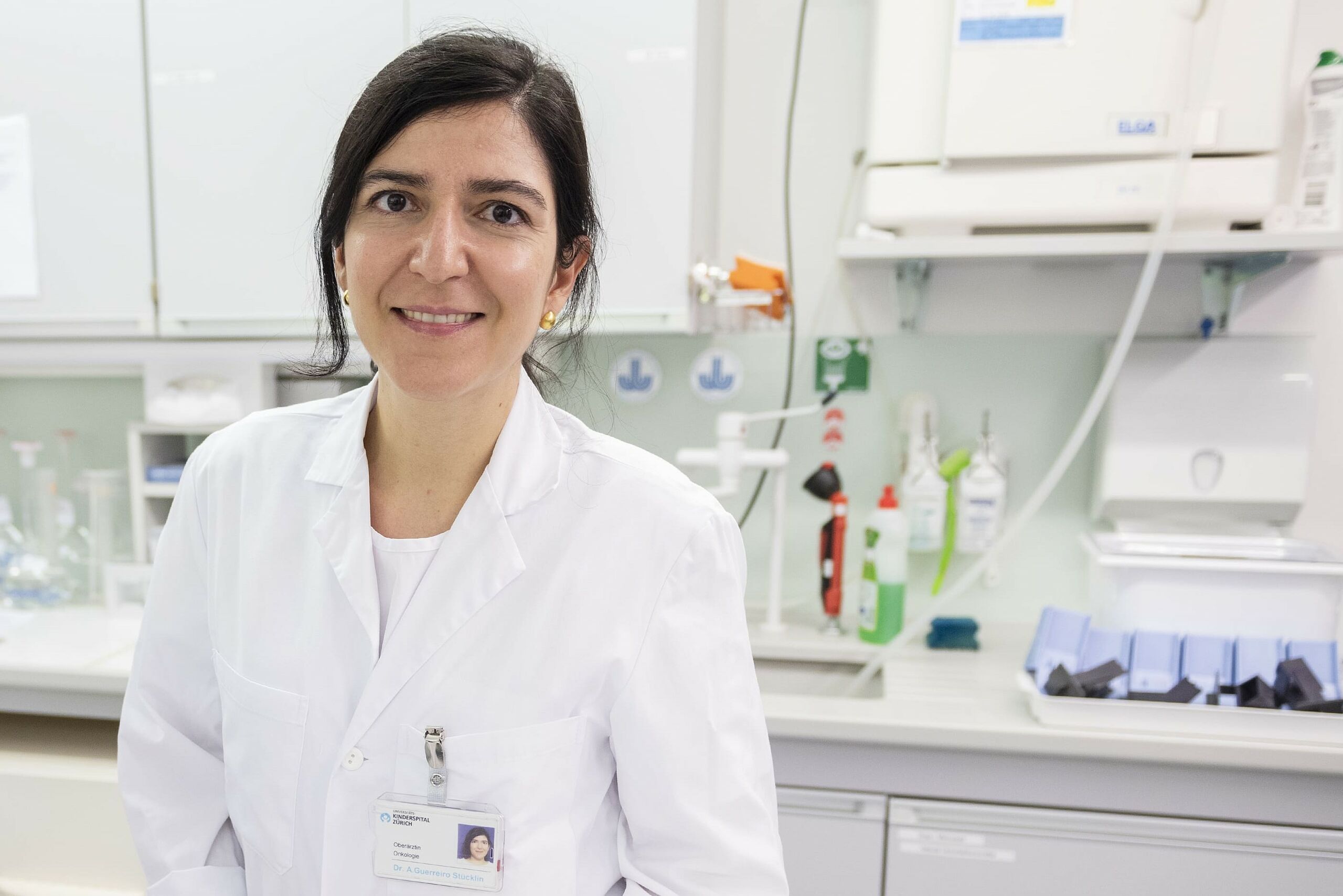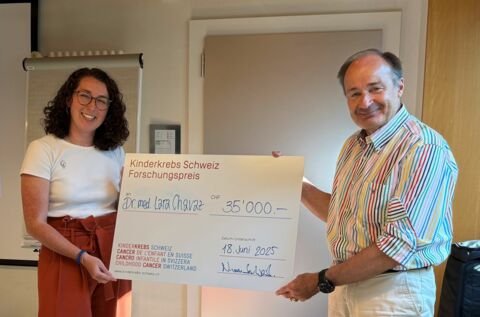Research –
better chances of recovery and fewer late effects
Today, four out of five children and adolescents with cancer are successfully treated and cured of their cancer. Even though the chances of survival have improved thanks to medical advances, one in five children still dies of cancer and many of the survivors suffer from the late effects of the disease and therapy. Because the types of cancer children and adolescents develop are different from those contracted by adults, they need research which is specifically tailored to their needs. Childhood Cancer Switzerland supports research so that therapies can be further improved to cure even more children and keep late effects to a minimum.
Childhood cancer research in Switzerland
Childhood cancer is one of the rare diseases. In Switzerland, it is almost exclusively non-profit academic organisations, such as universities and children’s hospitals, that conduct research in this area. Childhood cancer research requires sufficient financial resources for children and adolescents to continue to have access to cutting-edge cancer therapies. Since state funding is not sufficient, research has to be financed with donations and external funding.
“Without research, Luis wouldn’t be here with us today.”
Leukaemia is one of the most common forms of childhood cancer. Nowadays, the chances of survival are good thanks to the findings of clinical trials conducted over the past decades. Nannette Keller talks about how her son Luis was cured thanks to major medical advances.
Childhood Cancer Switzerland supports research
Childhood Cancer Switzerland funds research projects in the field of paediatric oncology and also awards an annual prize in the field of basic research to recognise innovative research projects in paediatric oncology. In the financial year 2024, the umbrella organisation supported the Swiss Paediatric Oncology Group (SPOG) and the Childhood Cancer Research Group at the University of Bern (ISPM), both of which are our member organisations, with approximately CHF 148 000.
“Clinical research has to continue in order to cure more children with cancer.”
Clinical research
Clinical research aims to explore therapies and treatments in humans to improve the chances of survival and reduce long-term consequences. The knowledge gained from clinical trials helps scientists to better understand the course of cancer diseases and to develop more modern therapy methods.
The Swiss Paediatric Oncology Group (SPOG), a member organisation of Childhood Cancer Switzerland, coordinates and oversees a comprehensive clinical cancer research programme for children and adolescents across Switzerland.
- Funding Projects 2024: Clinical Research
In 2024, Childhood Cancer Switzerland supported the following SPOG projects, among others:
- INFORM
Relapses and progression in patients with high-risk conditions remain a major medical challenge. Depending on the condition, only about 10 % of patients can be cured in the event of relapse. The aim of the project is to identify advanced, targeted therapies to improve cure rates for tumour relapse or therapy-resistant disease. Find out more here. - KRANIOPHARYNGEOM Registry 2019
A craniopharyngioma is a rare malformation arising from tissue that had an altered developmental trajectory before birth. The precise causes are still unknown. The project’s goal is to gain a deeper understanding of the biology of craniopharyngioma and to explore how treatment could be improved in the future. Find out more here. - LOGGIC Core
Low‑grade malignant gliomas (LGG) constitute a heterogeneous group of cancers and form the largest subgroup of brain and spinal cord tumours, accounting for 40–50 % of all CNS tumours in children and adolescents. The LOGGIC Core project aims to improve our understanding of the tumour biology of this disease and, based on this, to develop more individualised treatment approaches. Find out more here.
- INFORM
“Thanks to advances in epidemiological research, we have a much better understanding of the potential long-term effects of therapy.”
Epidemiological research
Epidemiological childhood cancer research in Switzerland evaluates data from the Swiss Childhood Cancer Registry, its own and international research projects. On the basis of such evaluations, statements can be made about the causes and development of different types of cancer as well as their progression and the effectiveness of therapies.
- Funding Projects 2024: Epidemiological Research
In 2024, Childhood Cancer Switzerland supported the following projects by the Childhood Cancer Research Group at the University of Bern (ISPM):
- SCCSS-Activity investigates the behaviour of childhood cancer survivors in relation to physical activity, sedentary behaviour, and sleep. The aim is to raise awareness of the importance of a healthy and active lifestyle, as the illness can have a long-term impact on health-related behaviours. Find out more here.
- The second study focuses on the development of quality of life after childhood cancer, as many survivors experience health problems and limitations in daily life due to their treatment. The goal is to build a solid knowledge base to help ensure that, in the long term, survivors can enjoy the same quality of life as individuals who have not had cancer during childhood.
- Further Projects Supported
- Study on the development of quality of life after childhood cancer
- SCCSS Activity: physical activity, sedentary behaviour and sleep in childhood cancer survivors
- FaR-RMS: therapy optimisation study on the treatment of rhabdomyosarcomas
- Study on dental health of childhood cancer survivors
- Therapy optimisation trial to improve the treatment of liver cancer
- Therapy optimisation trials LBL 2018 and B-NHL 2013 for the treatment of non-Hodgkin lymphomas
- “SIOP Ependymoma II” clinical trial for improved treatment of brain tumours
- LINES therapy trial for the better treatment of neuroblastomas
- Clinical trial for Langerhans cell histiocytosis
- PhD research project: Novel immunotherapy for the treatment of rhabdomyosarcoma
- Therapy optimisation trial fo the treatment of acute myeloid leukaemia
- Trial: Health after childhood cancer – The Swiss Childhood Cancer Survivor Study (SCCSS)
- Therapy optimisation trial for the treatment of non-Hodgkin lymphomas
- Research project: Congenital predisposition to childhood cancer
- Therapy optimisation trial for the treatment of Ewing sarcoma
- Trial to improve the treatment of classical Hodgkin lymphoma in children and adolescents
Award for Fundamental Research
In order to further promote childhood cancer research, Childhood Cancer Switzerland awards an annual research prize alongside its funding of projects. The award, which is endowed with CHF 35 000, is presented every year to young scientists, who engage in outstanding and pioneering projects in basic research at Swiss research institutes or hospitals.
Research Award 2024
Research project: Cellular toxicity of cisplatin and vincristine combination therapy in paediatric oncology
Lara Chavaz is a paediatric assistant doctor at the University Hospital of Geneva and an MD-PhD student at the CANSEARCH research platform of the University of Geneva. She is investigating the late effects of certain therapies, commonly used to treat paediatric cancer, but can lead to hearing loss in young patients.
- Previous Award Recipients
Research Award 2023
Research project: novel immunotherapy for the treatment of rhabdomyosarcoma (RMS)
Caroline Piccand is researching the development of a new type of immunotherapy against rhabdomyosarcoma (RMS) at Inselspital Bern. RMS are among the most common malignant soft tissue tumours in children and adolescents.
Research Award 2022
Research project: Changes in the metabolism of paediatric tumour cells
Together with his team, basic researcher Raphael Morscher investigates changes in the metabolism of paediatric tumour cells. He hopes to develop new therapies that specifically target the metabolism of tumour cells and have as few long-term consequences as possible.
Research Award 2021
PhD research project: novel immunotherapy for the treatment of rhabdomyosarcoma (RMS)
This innovative research project of Andrea Timpanaro from the Bern University Hospital aims to develop a novel immunotherapy for rhabdomyosarcomas (RMS). RMS are among the most common malignant soft tissue tumours in children and adolescents.
Researcg Award 2020
Pilot study for optimising paediatric brain tumour therapy
Ana Guerreiro Stücklin at the University Children’s Hospital Zurich and her team are developing an innovative precision medicine platform for therapy optimisation for children with brain tumours, focusing on those with tumours refractory or resistant to standard therapies.

